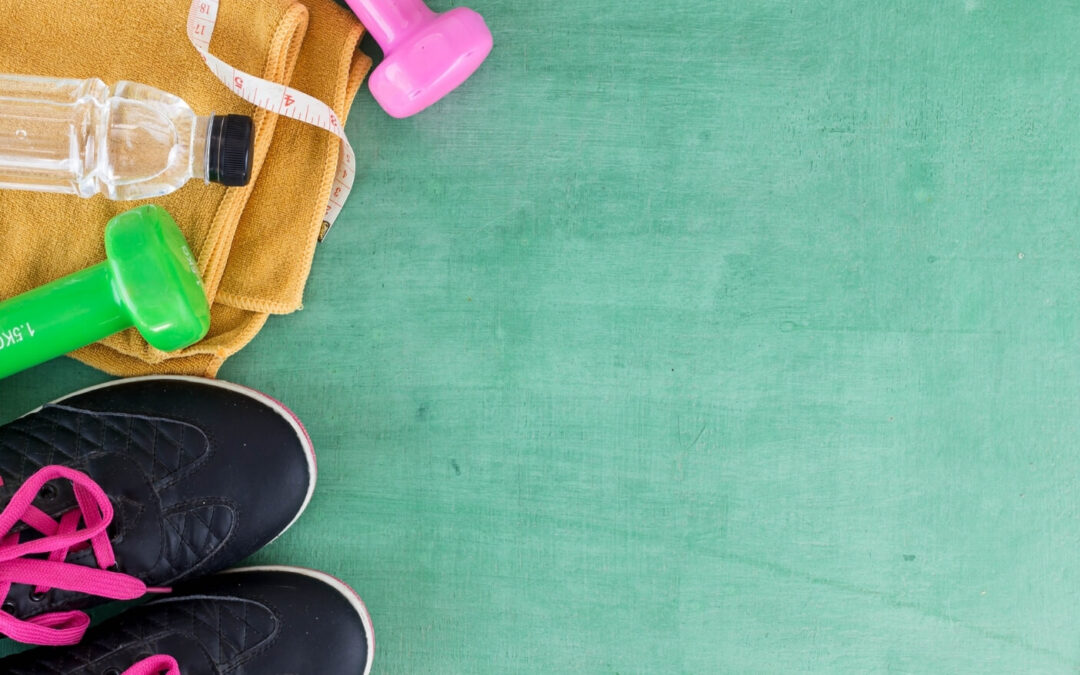
Migraines are more than just headaches—they’re a debilitating condition that can significantly impact your quality of life.
While medication is often necessary, adopting certain lifestyle strategies can empower you to take control and reduce the frequency and intensity of migraines.
Let’s dive into some practical steps you can take.
8 Strategies That Could Help To Alleviate Your Headaches and Migraines
- Understand Your Triggers
One of the most crucial aspects of migraine management is understanding what triggers them. Common triggers include stress, hormonal changes, certain foods, and environmental factors like bright lights or strong smells. Keeping a migraine diary can help you track patterns and identify triggers. Once you know your triggers, you can take proactive steps to avoid or mitigate them.
- Adopt a Regular Eating Schedule
Skipping meals or fasting can trigger migraines. To prevent this, maintain a regular eating schedule. Eat balanced meals at consistent times each day, and don’t skip breakfast. Include foods rich in magnesium, such as leafy greens, nuts, and seeds, which have been shown to help reduce migraine frequency.
- Create a Restful Environment

A calm and dark environment can help alleviate migraine symptoms. When you feel a migraine coming on, retreat to a quiet, dark room and rest. Consider using blackout curtains to block light, and use a white noise machine to drown out background noise. Additionally, cooling packs on your forehead or neck can provide soothing relief.
- Practice Mindfulness and Meditation
Mindfulness and meditation can be powerful tools in managing migraines. These practices help reduce stress, which is a common migraine trigger. Spend a few minutes each day practicing mindfulness, focusing on your breath, or engaging in guided meditation sessions. Over time, these practices can help you stay calm and centred, reducing the likelihood of stress-induced migraines.
- Stay Physically Active
While intense physical activity can sometimes trigger migraines, regular, moderate exercise can help prevent them. Activities like yoga, walking, or swimming can improve circulation, reduce stress, and promote overall well-being. Aim for at least 30 minutes of moderate exercise most days of the week, but listen to your body and avoid overexertion.
- Monitor Your Caffeine Intake
Caffeine can be both a trigger and a treatment for migraines, depending on the individual and the situation. For some, a small amount of caffeine can alleviate a migraine, while for others, it can trigger one, especially if consumed in excess. If you notice that caffeine affects your migraines, consider reducing your intake or switching to decaffeinated beverages.
- Prioritise Relaxation and Self-Care
Incorporate regular relaxation and self-care practices into your routine to keep migraines at bay. This could include activities like taking a warm bath, practicing gentle yoga, or enjoying a relaxing hobby. Self-care helps reduce stress and tension, which are often precursors to migraines.
- Seek Support
Living with migraines can be isolating, but you don’t have to go through it alone. Seek support from friends, family, or a migraine support group. Sharing your experiences with others who understand can provide comfort and helpful advice. Additionally, consider working with a healthcare provider or a migraine specialist who can offer personalized treatment strategies.
Conclusion
Managing migraines requires a multifaceted approach, combining medication with proactive lifestyle changes.
By understanding your triggers, creating a calm environment, and adopting a routine that prioritises self-care and stress reduction, you can take control of your migraines and improve your quality of life.
Remember, every small change counts, and over time, these adjustments can lead to lasting relief.
If you’re struggling with migraines, consider booking an assessment with our team. We’re dedicated to helping you grasp your condition and offering customised treatment plans to support you in achieving your optimal well-being.
Written by:








